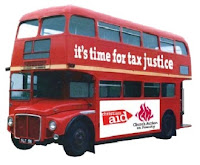"Here we are again, Christmas round the corner, kids holidays
looming, demanding more by each advert that they see. So where does this leave many
families. Some are organised and all set for the big day, however these days there are
sadly more who are not.
The working family face the same challenges faced by the
unemployed and low income alike.
These problems escalate in number of different ways,
struggling to perhaps pay the mortgage/rent, we choose to perhaps delay December's payment, gives
us the money to buy the kids there toys.
How much is required, how long is a piece of string.
If we look at this in deeper scenarios it can paint a
dark time ahead. The parents argue over
money, leading to anything from the kids being upset to see this and feeling guilty
and stressed, to violence or even broken relationship. If these kids are of
teenage years, they may choose to spend time outside with similar kids in same
position, this can lead to these same kids being involved in anything to “get
away from it all” Alcohol? Drugs?
The low income families suffer severely at these times,
faced with a lot if difficult choices, just to pay for one day of celebration.
Why? Christmas is so now commercialised it's not Christmas, it's a time of
struggle which can lead into the preceding months of January through to March
or beyond just to find a balance again in the home.
Perhaps we really should be teaching our children the true
meaning of Christmas, a poor family arrive at a stable, Jesus was born, three
wise men give one gift each, and it is this event that we should be
celebrating, then our children won't be faced with the same financial problem
caused by us and the commercialised
Christmas.."





















